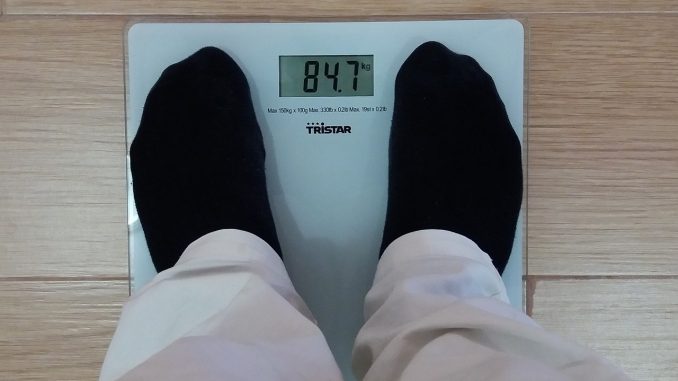
The FDA has approved Zepound, a drug made by Eli Lily to treat chronic obesity. The medication contains the active ingredient tirzepatide, which was approved in 2022 to treat type 2 diabetes. Tirzepatide is a similar medication to semaglutide that was also developed for diabetes treatment under the name Ozempic and is now being sold as Wegovy.
Studies on both have shown high effectiveness in treating diabetes and obesity.
How is Zepbound different from Wegovy?
Both are weekly injection medications initially approved for treating type 2 diabetes, with notable weight loss effects observed in clinical trials. While Wegovy is already available in the market, Zepbound has recently received FDA approval and is anticipated to be available later this year.
Belonging to the class of drugs known as GLP-1 agonists, both medications imitate the digestive hormone glucagon-like peptide 1 (GLP-1), released by the intestines during meals. GLP-1 stimulates insulin production, lowers blood glucose levels, and induces feelings of fullness while suppressing appetite.
Tirzepatide, in addition to mimicking GLP-1, also imitates another gut hormone called gastric inhibitory polypeptide (GIP), believed by scientists to have a similar effect as GLP-1.
Regarding weight reduction, both drugs demonstrate significant efficacy. A March 2021 study on semaglutide, published in The New England Journal of Medicine, revealed an average weight loss of 14.9% over a year compared to 2.4% in the placebo group. Another study in September 2022, published in JAMA Network Open, reported a mean weight loss of approximately 27 pounds (12.3 kilograms) after six months.
Tirzepatide exhibits impressive effectiveness as well. A pivotal July 2022 study in The New England Journal of Medicine disclosed that individuals taking a lower dose achieved an average weight reduction of 16%, equivalent to 35.5 pounds (16 kilograms) in about a year.
Those on a higher dose experienced a 21.4% reduction, equivalent to 49 pounds (22 kilograms). These outcomes surpassed the placebo group, which showed an average reduction of 2.4% or 5.3 pounds (2.4 kilograms).


Leave a Reply